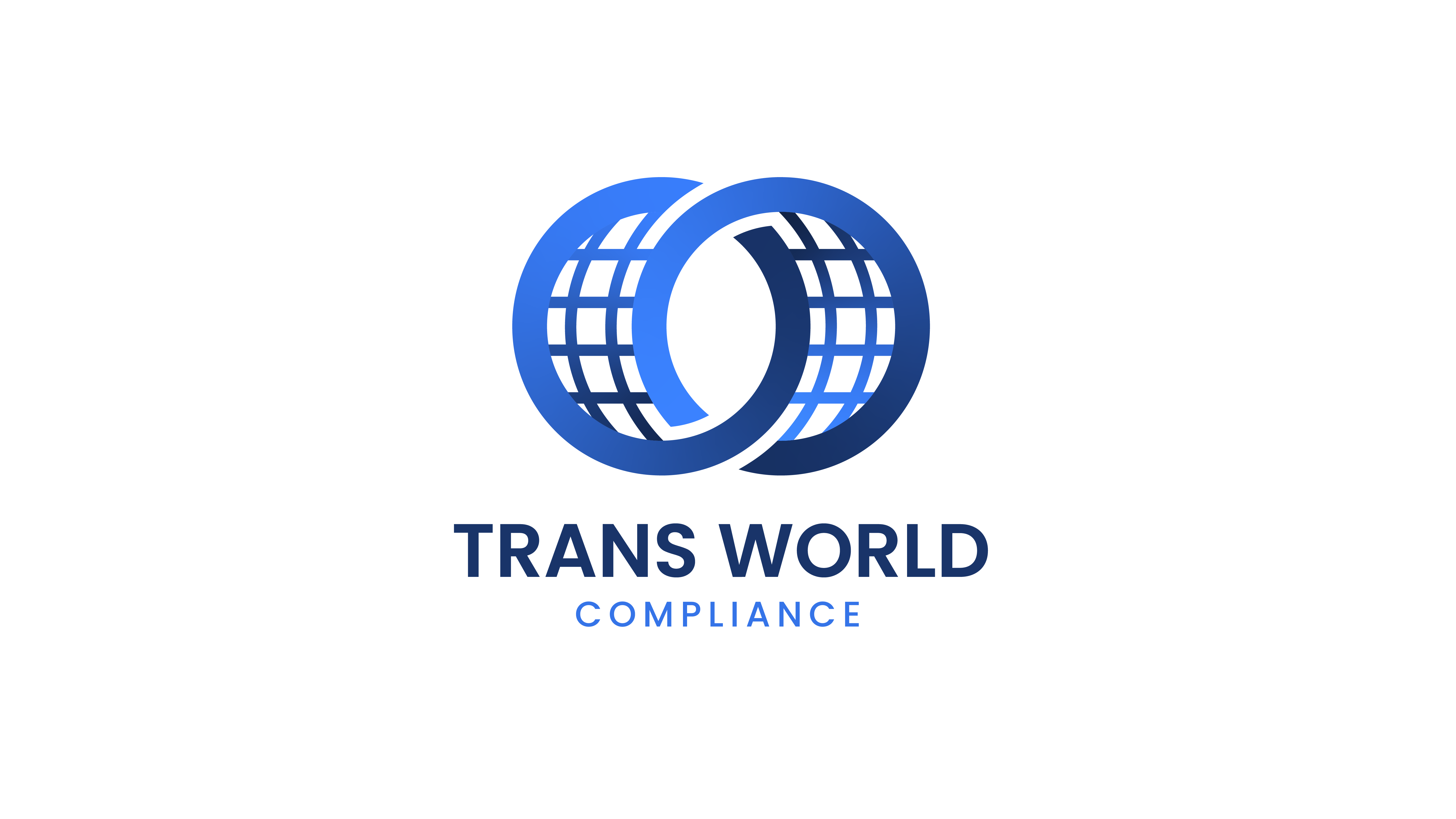Five Key Questions on Automating FATCA and CRS Compliance
Automation is transforming the landscape of FATCA and CRS compliance. At Trans World Compliance, we've been at the forefront of this discussion, where a range of questions from professionals eager to optimize their compliance processes have surfaced. In this publication, we share some of these key questions, answered by Avril Bell, CRS and FATCA Specialist and Executive Director of Complere Consulting Pty Ltd, our strategic partner. Avril's insights into automation in compliance processes highlight how financial institutions can leverage technology to enhance accuracy, efficiency, and regulatory adherence in their FATCA and CRS reporting.
1. How can financial institutions automate the FATCA and CRS reporting identification process, ensuring accurate and compliant declarations?
It is essential to ask the right questions on self-certifications/application forms so that the true tax residence of the account holders can be identified. Unless the financial institution has reason to know that the self-certification or application form includes incorrect information when comparing these forms to the AML/KYC information, the information provided can be accepted as correct. Automated due diligence solutions are available where self-certifications/onboarding application forms can be read systematically. The information must then be imported into the client database.
Key information to be collected as part of self-certifications or application forms to be included in client databases include:
-
First Name and Last Name. Legal name for entities.
-
The primary residential address for individuals, the business address, principal office, or registered office for entities, and any other addresses collected, such as mailing addresses and PO Boxes, must also be recorded.
-
Tax Identification Number ("TIN") and country of tax residence.
-
Date of Birth for individuals.
-
Nationality and Citizenship for FATCA.
-
Telephone Number.
-
Standing instructions.
-
Power of attorney or signatory authorities to the account.
-
Entity FATCA and CRS classifications.
-
Controlling Persons' details for Passive Non-Financial (Foreign) Entities.
2. What are the current reporting requirements for controlling persons in estate accounts under CRS, and what are the key updates?
Deceased estates are generally excluded from reporting. Reporting is only required where financial assets and income have been transferred to beneficiaries of the estate.
3. How can financial institutions effectively stay ahead of evolving FATCA and CRS regulations?
Financial institutions should adopt a proactive approach by continuously monitoring regulatory updates from relevant tax authorities and international bodies like the OECD. Investing in compliance technology that offers regular updates in line with regulatory changes can help automate compliance processes and reduce the risk of errors.
Additionally, financial institutions should foster a culture of compliance by providing ongoing training to staff, engaging in regular internal audits to identify potential gaps, and seeking expert advice when necessary. Collaboration with other institutions and participation in industry forums can also provide valuable insights into emerging trends and best practices.
4. What are the key benefits of automating financial institutions' FATCA and CRS reporting processes?
Automating FATCA and CRS reporting processes offers several key benefits for financial institutions:
-
It significantly reduces the risk of human error by ensuring data is accurately captured, processed, and reported in line with regulatory requirements. Automation also enhances efficiency by streamlining workflows, reducing the time and resources needed for manual data entry, and improving the overall speed of compliance reporting.
-
Automated systems can easily adapt to regulatory changes, ensuring institutions comply with the latest rules.
-
Automation provides better scalability, allowing institutions to manage increasing volumes of data and accounts without corresponding increases in compliance costs.
5. How do trust reporting obligations differ under FATCA and CRS regulations?
Under FATCA, trusts that qualify as Foreign Financial Institutions (FFIs), such as trustee-documented trusts, must report US account holders or controlling persons. The focus is primarily on identifying US persons to fulfill FATCA's objective of combating tax evasion by US citizens holding financial assets abroad.
Under CRS, trusts' reporting obligations are broader. Trusts that qualify as Financial Institutions must report all account holders and controlling persons who are tax residents of CRS participating jurisdictions, not just US persons. This includes identifying the settlor, trustees, beneficiaries, and other natural persons exercising ultimate control over the trust. The CRS framework aims to promote transparency and prevent global tax evasion. It is crucial for trusts to carefully assess their reporting obligations under FATCA and CRS to ensure full compliance.
Nowadays, automating FATCA and CRS compliance is not just beneficial—it's essential. Avril Bell has provided vital insights into how financial institutions can leverage technology to enhance their compliance processes.
For expert consulting services to guide your FATCA and CRS compliance strategy, consider contacting Complere Consulting. And for cutting-edge automated solutions that can transform your compliance operations, Trans World Compliance is here to help. Contact us today to discover how our technology can help you achieve seamless and efficient FATCA and CRS reporting.
Complere Consulting: www.complere.co.za
Trans World Compliance: www.transworldcompliance.com




